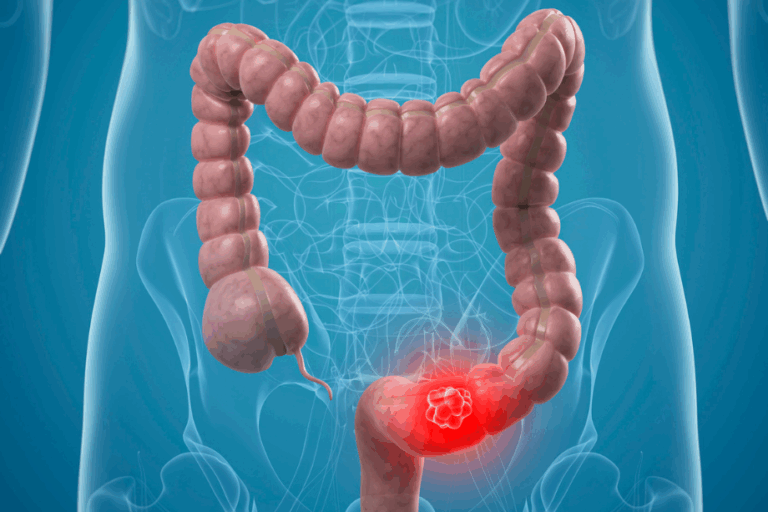A reduction in specific gut bacteria is linked to lower quality of life and incidents of depression. The study – one of the most compelling in illustrating the influence the gut microbiota has on mental health – included 1,063 participants enrolled in Belgium’s Flemish Gut Flora Project. Using DNA sequencing to analyze fecal microbiota, researchers compared gut bacteria with participants’ incidence of depression and quality of life (self- and physician reported) and found that two families of bacteria; Coprococcus and Dialister, were significantly reduced in those with depression. There was also a direct relationship between quality of life and the gut microbiome’s ability to breakdown and synthesize the dopamine (a neurotransmitter) byproduct, 3,4-dihydroxyphenylacetic acid. Nature
→Takeaway: While this study shows a strong link between the gut microbiome and mental health, it demonstrates only correlation, not cause. Next steps are for researchers to find out whether – and if so how – neurotransmitters and neuroactive compounds (serotonin, GABA, and dopamine, for example) interact with the central nervous system, and whether this interaction alters behavior and mental health disease risk.







